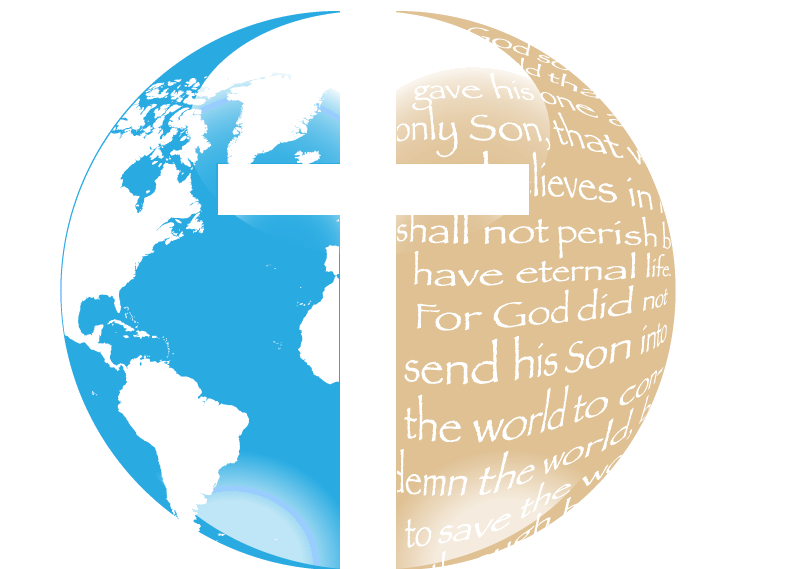Practical atheism
- Isaac De Guzman
- Jan 10, 2022
- 2 min read
Look here, you who say, “Today or tomorrow we are going to a certain town and will stay there a year. We will do business there and make a profit.” How do you know what your life will be like tomorrow? Your life is like the morning fog—it’s here a little while, then it’s gone. What you ought to say is, “If the Lord wants us to, we will live and do this or that.” James 4:13-15 NLT
James, from the text, rebukes the believer who makes plans and talks as if he were the master of his life and that God does not exist. This is just plain foolishness for it is senseless to live a life of practical atheism. Christians ought to know what to do and not engage in preposterous talk, “Today or tomorrow we are going to a certain town and will stay there a year. We will do business there and make a profit.” It is important that we seek God’s will in prayer. This is the common offense we commit before God: we do our planning and work without thinking about God. What James was emphasizing from these verses is somewhat parallel to what Jesus told His disciples. “In those days before the flood, the people were enjoying banquets and parties and weddings right up to the time Noah entered his boat. People didn’t realize what was going to happen until the flood came and swept them all away. That is the way it will be when the Son of Man comes. (Matthew 24:38–39). God is not critical on whether we are eating, drinking, and marrying, the point is that in the life of Noah’s contemporaries God had no place. These people lived as if God did not exist. And this is also true of the people James addresses. He is addressing the lack of regard in the existence of God and His will. To them money is much more important than serving the Lord. They make plans for the future without seeking the will of God. They live like the man portrayed in the parable of the rich fool (see Luke 12:16–21). They fail to realize that they cannot add even a minute to their life and they should be completely dependent on God. King Solomon in the Book of Ecclesiastes repeatedly mentions life’s brevity and addresses the meaninglessness of man’s pursuit of material possessions. At the conclusion of the book, he states the duty and purpose of life: “Here now is my final conclusion: Fear God and obey his commands, for this is everyone’s duty” (Ecclesiastes 12:13). The Westminster Shorter Catechism asked this important question that each of us should deal with, “What is the chief end of man?” And the answer provided was, “Man’s chief end is to glorify God, and to enjoy him forever.” We cannot live the life God gave us if we fail to inquire into its purpose. Instead of living like a practical atheist, let us pray like Moses did:
“Seventy years are given to us!
Some even live to eighty.
But even the best years are filled with pain and trouble;
soon they disappear, and we fly away…
Teach us to realize the brevity of life,
so that we may grow in wisdom.” (Psalm 90:10-12)
Blessings,





Comments